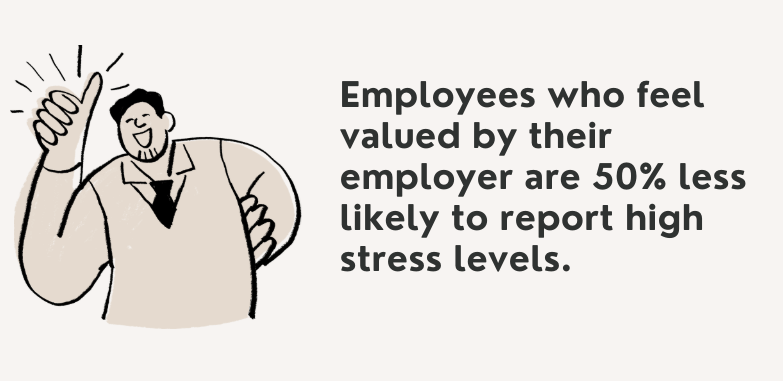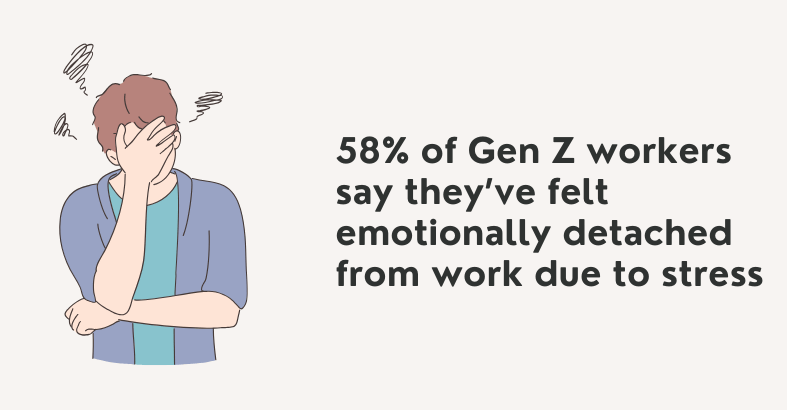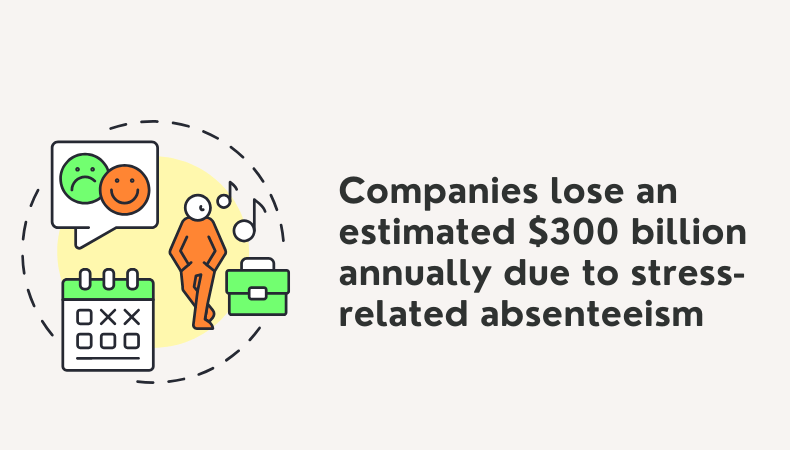2025 Employee Benefits Statistics That Influence Retention
Employee Benefit Statistics Conclusion The benefits landscape reflects a quiet but meaningful shift in how employers think about support. Health







Recognizing employees’ efforts can also help reduce stress and improve productivity. Positive feedback can have a remarkable impact on the psyche of employees, making them feel better and encouraging more engagement within the organization.

A recent report shows that 68% of Gen Z and 73% of millennials feel burned out and are actively considering job changes due to stress (NYP, 2025). 58% of Gen Z workers say they’ve felt emotionally detached from work due to stress. Disengagement and “quiet quitting” are higher among younger cohorts.

The financial impact of stress on businesses is staggering, leading to significant costs related to absenteeism, high turnover rates, and reduced productivity. A combination of sick days, turnover, and disengagement makes stress one of the most expensive hidden business risks.


Employee Benefit Statistics Conclusion The benefits landscape reflects a quiet but meaningful shift in how employers think about support. Health
Conclusion: Employee Privacy in a Monitored World Employee privacy is, at its core, about respect and transparency. It means any
Skills-Based Hiring Statistics Summary & Conclusion These numbers show how quickly hiring is changing. Looking at skills instead of just
Gig Economy & Freelance Work Statistics Summary The gig economy has shifted from the margins into the mainstream, operating as
EORs VS Direct Hiring When you step back and look at the numbers, the pattern is unmistakable: the real difference
Conclusion & Key Takeaways Employee monitoring and algorithmic management have moved from experiments to everyday business practice. Adoption is highest
Get the latest from the HR & AI tech industry. All your news at one place.
This website uses cookies to enhance user experience and to analyze performance and traffic on our website. By continuing to browse this site you are agreeing to our use of cookies.